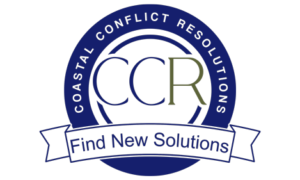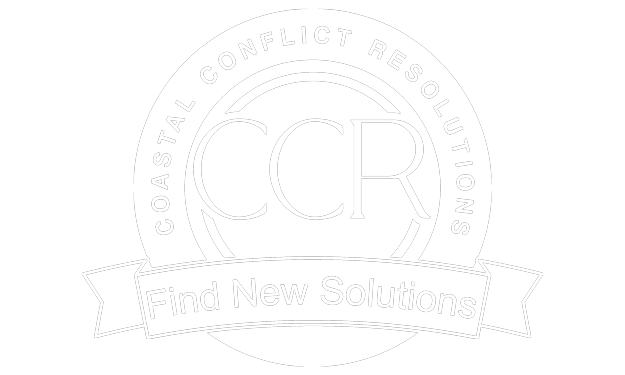The South Carolina Court Annexed ADR Rules
Rule 1: Scope of Rules.
These rules shall be construed to secure the just, speedy, inexpensive, and collaborative resolution in every action to which they apply. These rules govern Alternative Dispute Resolution (ADR) processes in the courts of this State as follows:
(a)With the exceptions stated in Rule 3, these rules govern court-annexed ADR processes in South Carolina Circuit Courts in civil suits, and in South Carolina Family Courts in domestic relations actions:
- In all counties in South Carolina,
- As required by statute, or
- As ordered by a court of competent jurisdiction.

Rule 2: Definition:
(a) Mediation. An informal process in which a third-party mediator facilitates settlement discussions between parties. Any settlement is voluntary. In the absence of settlement, the parties lose none of their rights to trial.
(b) Mediator. A neutral person who acts to encourage and facilitate a resolution of a dispute. The mediator does not decide the issues in controversy or impose settlement,
(c) Arbitration. An informal process in which a third-party arbitrator issues an award deciding the issue(s) in controversy.
Rule 3: Actions Subject to ADR
(a) Mediation. All civil actions filed in the circuit court, all cases in which a Notice of Intent to File Suit is filed pursuant to the provisions of the S.C. Code 15-79-125(A), and all contested issues in domestic relations actions filed in family court, except for cases set forth in Rule 3(b), or (c) are subject to court-ordered mediation under these rules unless the parties agree to conduct an arbitration. The parties may select their own neutral and may mediate, arbitrate, or submit to early neutral evaluation at any time.
Rule 4: Selection or Appointment of Neutral
(a) Eligibility. A neutral may be a person who:
- Is a certified neutral under Rule 19, or
- Is not a certified neutral but, in the opinion of all the parties is otherwise qualified by training or experience to mediate, arbitrate, or evaluate all or some of the issues in the action. If the person is not a certified neutral, he/she must disclose the lack of certification and obtain written consent from all parties to the ADR Conference on a form approved by the Supreme Court or its designee.


